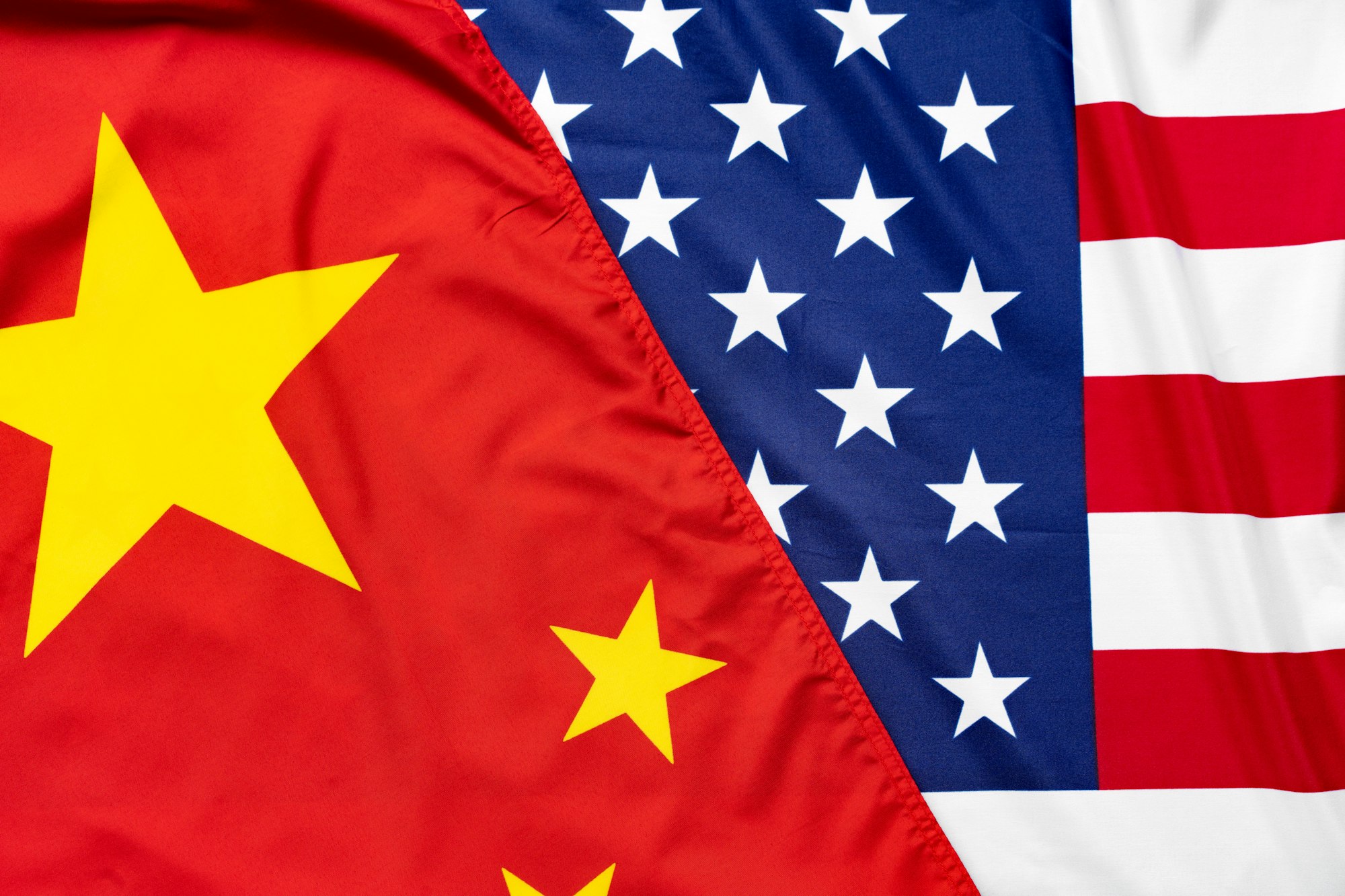No, China Isn’t a Decade Ahead of The U.S. in Quantum Computing (Probably)

Insider Brief
- In this analysis, we look at recent headlines on China’s progress in quantum technologies and the limitations of comparing leadership positions of nations in the pursuit of developing and commercializing those technologies, including quantum computing.
- At TechNet Indo-Pacific, Theresa Melvin, CTO of Aerospike, emphasized that China is potentially a decade ahead of the U.S. in quantum technology due to differences in funding priorities during the War on Terror.
- A recent report from the Information Technology & Innovation Foundation, however, offers a more nuanced view, indicating that while China leads in quantum communication, the U.S. remains ahead in quantum computing, especially in hardware and practical systems.
- National strengths in quantum technologies vary and change continually, with China currently excelling at applying established quantum concepts and the U.S. benefiting from a broader, global quantum ecosystem.
ANALYSIS — There’s a great tradition in science journalism in which one media outlet reports a finding and another outlet — or a bunch of other outlets — usually a day later, respond with a headline, “No, X Isn’t True.”
I have been on the receiving end of those global peer-review, rebuke-style headlines, but, now, this fine journalistic tradition has fallen on me to uphold as I add some context to a recent headline that suggests — well, actually, the headline is a little stronger than suggests — that the U.S. trails China by a decade in quantum computing.
That headline was inspired by a quote that Theresa Melvin, chief technology officer Aerospike, a technology company, offered at TechNet Indo-Pacific on Tuesday in Honolulu, Hawaii, as reported in AFCEA’s Signal. TechNet Indo-Pacific is an annual military conference that centers on defense strategies and wartime readiness, with a focus on the region spanning from the eastern coast of Africa to the western coast of the United States.
“China is about a decade ahead of us on quantum, and that’s specifically because they never fought a war on terror,” Melvin said at the conference. Melvin’s statement appears to be derived from the idea that the War on Terror drew funds away from scientific research into technologies, such as quantum computing.
The implication, then, is that China is outspending the U.S. on quantum technologies and that funding has placed China in a leadership position.
A recent report from the Information Technology & Innovation Foundation sees a more nuanced competition between the two nations. In fact, ITIF sees the U.S. leading in quantum computing, but recognizes the multidimensional aspect of quantum technologies.
The ITIF report indicates that China leads in quantum communication and matches the U.S. in quantum sensing, but lags behind in quantum computing, particularly in hardware and practical systems.
However, it would be challenging, if not impossible, to assess a definite time limit for that lead for either country. For example, there would be no way to scientifically assess how many years China is ahead in quantum communication research, as scientific advances usually don’t work in such a linear, predictable fashion.
The $15 billion figure that is frequently mentioned in reports on China’s spending on quantum technology is a rough estimate. That figure, though, is about five times what the U.S. spends on quantum. As Cointelegraph points out, those numerical comparisons are misleading, not just because China’s actual funding numbers are hard to nail down, but they do not account for America’s private funding, which is a large contributor to the country’s quantum ecosystem
As with any technology, countries have strengths and weaknesses in developing and commercializing technologies — and those strengths and weaknesses are continually evolving, which further weaken the ability to assess overall strength.
The ITIF report, for instance, sees China as a leader in some respects, but has significant challenges in developing quantum tech.
ITIF Senior Policy Manager Hodan Omaar, one of the report’s authors, writes: “China leads at transforming proven quantum ideas into advanced products and services, but it doesn’t lead in generating the most groundbreaking new concepts. That’s why it leads in areas like quantum communication, where the technology is ready for application, but lags in quantum computing, where theoretical concepts exist, but the pathway to practical implementation remains unclear.”
In another respect, one of the U.S.’s strengths is that it is connected to a much broader global quantum ecosystem, which, gives it access to new ideas and talent, as well as makes it harder to assess in isolation. The foundation sees China as more isolated and becoming more reliant domestically, which could be both a strength and a weakness.
The ITIF team writes: “This approach yields rapid gains but poses long-term risks in sustaining complex technology advancements.”
Ultimately, though, there is a reason that I added “probably” in parentheses — nobody is really sure which country has a leadership position in what type of quantum technology, simply because that’s not the way it works. Possibly, decades in the future, science historians will be able to assess comparisons between national scientific outputs in quantum, but, making those assessments in today’s rapidly emerging, extremely fluid quantum market is impossible.
Probably.
